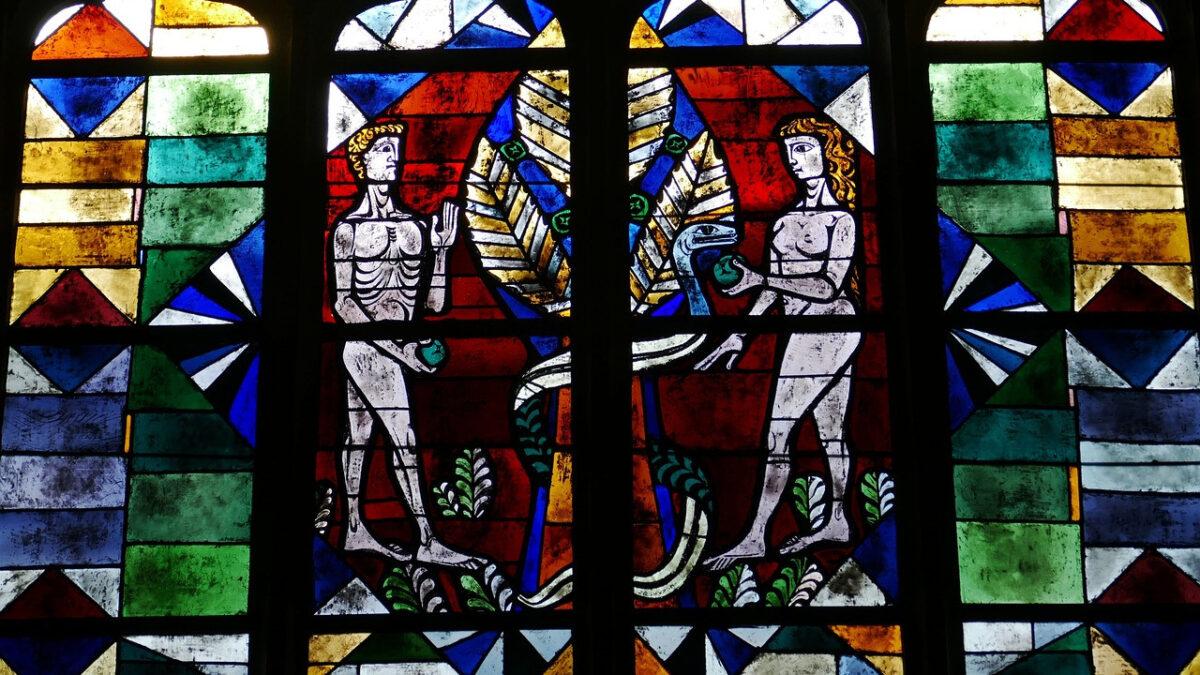I very much appreciate the feedback I receive on my Gem State articles. Fortunately, most of the very negative feedback comes via e-mail. The response that I received about my pushing back on the comments of Sunny Hostin when she opined on TV that Jesus would be at the head of the LGBT parade have both been supportive and scathing.
Most of the negative remarks have objected to my use of the word “SIN”. People apparently feel that when Christians use that word to define the actions of others, they are using it as an “epithet” —in a disparaging, judgmental and even abusive fashion. Communicating a moral argument to a person who does not acknowledge the moral predicate is problematic. Maybe we should begin discussions with non-believers by first acknowledging our own sins (for me they are many). A sin is an act not a person that causes a wall to be placed between oneself and their relationship with God. Though there is no moral equivalence between sins—Catholics believe there is a difference between venial (sins that wound others) and mortal (sins that destroy relationships between us with God and ourselves and with others). To believers, any sin can injure the core component of being human, the ability to love God and to love others.
I believe that we should start our discussions with non-believers by saying that the Bible calls for us “to love God with all our strength” and “love your neighbor as yourself”. And yes, I have been and continue to be a sinner myself—everybody struggles to overcome sin. I am no better than anyone else. There is no sin greater than God’s love and forgiveness. We are also called, and Jesus taught throughout His ministry to love the sinner and hate the sin. We all have within us the ability to receive God’s sanctifying Grace, but we must seek His forgiveness of our sins and acknowledge His goodness.
The example of Christian love is the example of unequivocal love that God has for everyone. We are called on to love God and each other in the same way unconditionally. This is the way I love my wife and children and grandchildren. There is nothing they can do that will change my loving them—period. Even non-believers can grasp the concept of unconditional love. I love my closest friends in a similar fashion. One of my friends spent most of his life in jail. I prayed for him, loved him, and visited him when I could. I believe he died repenting for his sins and asking for God’s forgiveness—just like we should all do every day. I hope he is in heaven.
But here is where it gets tough for the nonbeliever. Christians believe that God made man in His image. Each human is perfect in their creation and in the eyes of God. No matter what you look like on the outside, your soul is what makes you unique and perfect. God loves you unconditionally. When one struggles with their identity in any way it is comforting to know that God knows and loves you no matter how you see yourself or how you believe others see you. When God loves you unequivocally what else matters? The secular world creates a horizontal ethical standard that is man-made, and it encourages us to conform. We are encouraged to judge ourselves by comparing ourselves to others. The moral Christian Standard asks that we judge ourselves by a vertical standard—with God’s Law at the top. We can never begin to attain that level of Devine virtue, but if we continue to strive for the prize at the top, we will live a life that will be “joyful” as opposed to the horizontal-secular goal of being “pleasurable”. What others think becomes irrelevant. With God’s perfect love for us we can be whatever we want to be. We don’t need to cut off body parts or add pieces to His perfect creation. You are you and you are loved unequivocally by God and by those who have been entrusted to love you.
Modern day theologians have also confused the concept of sin by introducing the concept of “structural sin” that has no Biblical foundations. All sin is individual and results in a lessening of our relationship with each other and with God. The bases of modern-day social justice—very different than Biblical justice, original sin, communal sin, and structural sin are purposefully confused to support a political and not a faith-based narrative. The idea that a person may not harbor racist, sexist, or homophobic beliefs, but may be complicit when others act on those beliefs and calling this a “structural” instead of an individual sin is folly and leads to the concept of “communal reparations” instead of individuals being accountable for their own sins. Being complicit with sin is an individual matter and is still an individual sin.
In the end we as Christians must be careful to never place ourselves above others. Only God can judge an individual persons’ soul. We certainly are asked to out of love call out people whose actions create walls between their own happiness and God.
We should stop dealing in epithets—both sides. Calling other people sinners (as opposed to calling an action “sinful”) is wrong. The moral predicate for our thoughts requires that we differentiate between the two.
I would ask respectfully that when people use words like “bigot”, “racist”, “homophobe” and many others when arguing with Christian Conservatives, that they respectfully define the moral predicate that serves as a bases for their thoughts. Emotions and opinions are not a moral predicate. What actions have I done that make you say those things?
I acknowledge that I don’t have the moral or ethical high ground—why should you make such a claim. “Love the sinner and Hate the sin”.


